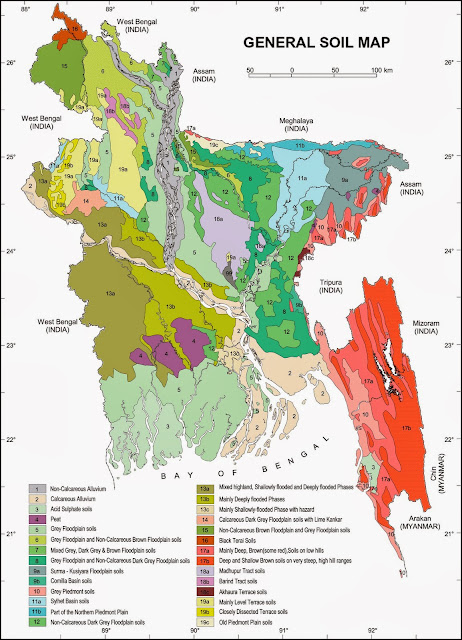The Erosion of Social Justice and Human Rights in Bangladesh: A Government in Question
Introduction:
Over
the years, Bangladesh has faced significant challenges in upholding social
justice and human rights for its citizens. This article examines the actions
and policies of the ruling government that have contributed to the erosion of
these fundamental principles. From limited political liberties to the
marginalization of minority communities, the state of social justice and human
rights in Bangladesh demands our attention and scrutiny.
Restrictions
on Freedom of Expression and the Media:
One
crucial aspect of social justice and human rights is the freedom of expression.
Sadly, in recent years, there has been a sharp decline in this basic right
within Bangladesh. The government has taken measures to stifle dissent by
targeting journalists, activists, and political opponents. Human rights
organizations have reported numerous cases of arbitrary arrests, intimidation,
and even enforced disappearances, which create a chilling effect on freedom of
speech.
The
judiciary, once a symbol of justice, has also shown signs of weakening
independence. The excessive government influence on the judiciary has raised
concerns regarding impartiality and the ability of citizens to receive fair
trials.
Political
Repression and Suppression of Opposition:
Bangladesh
has witnessed a concerning rise in political repression, with the ruling
government using its power to marginalize opposition parties. Multiple
incidents of violence against opposition supporters during elections have
raised doubt about the government's commitment to fair democratic processes.
Furthermore, the absence of a level playing field and the restricted space for
political dissent have led to an erosion of citizens' political rights.
Marginalization
of Minority Communities:
The
religious and ethnic minority communities in Bangladesh have long endured
discrimination and marginalization. The government's continued failure to
protect these communities fosters an environment where their basic rights are
consistently violated. Acts of violence and persecution against minorities
often go unpunished, exacerbating the sense of insecurity felt by these
vulnerable groups.
Restrictions
on Freedom of Religion:
While
Bangladesh officially recognizes freedom of religion, in practice, religious
minorities face significant challenges. Traditional norms and societal
pressures often infringe upon the rights of non-Muslims. There have been
instances of violence targeting religious minorities, including Hindus,
Christians, and Buddhists, with the government failing to provide adequate
protection. Moreover, legal restrictions and perceived biases within the legal
system have restricted the ability of minority groups to practice their faith
freely.
Conclusion:


